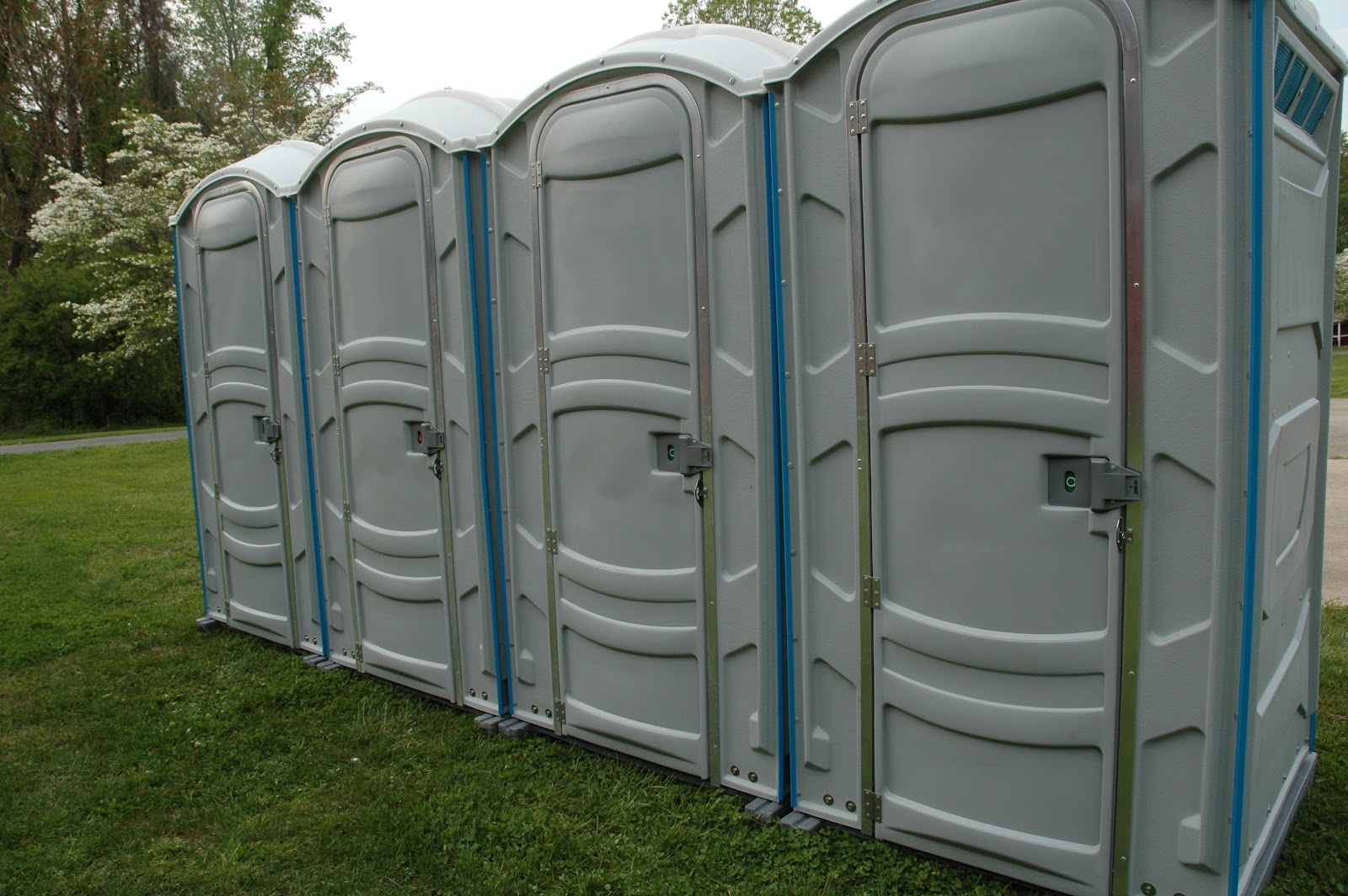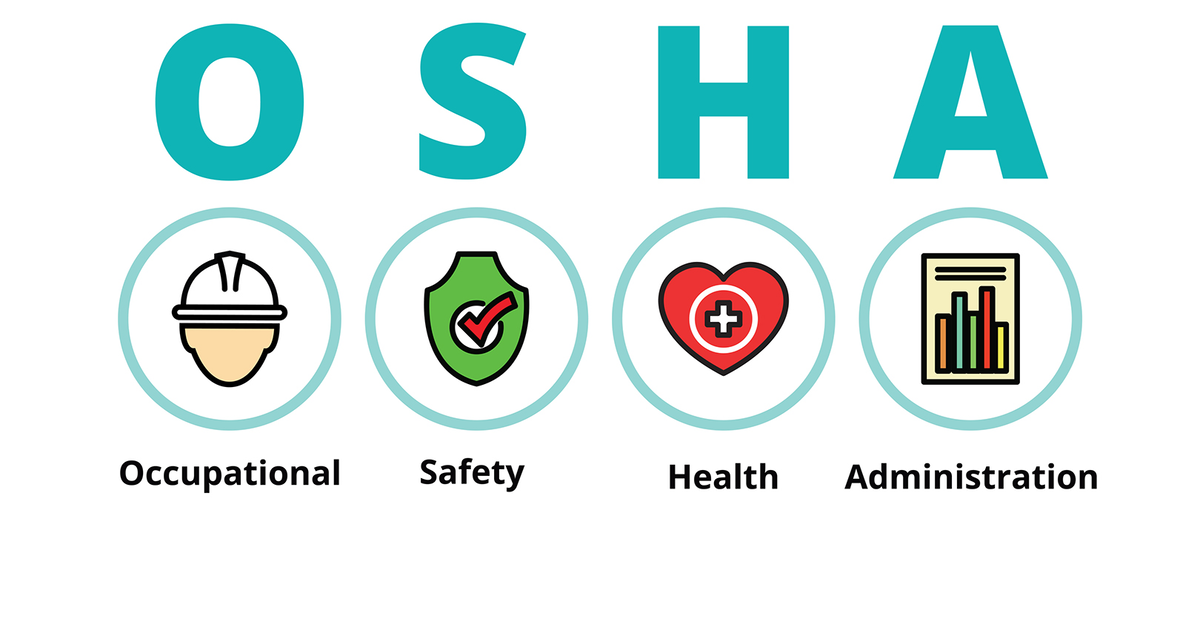Regulations PROs Should Pay Attention To

No matter the size of your operation, there’s no success without safety. Portable restroom operators must stay on top of a variety of regulations – from health and safety standards to permits needed for their business setup – in order to keep customers safe while running efficiently. This post will cover key rules and righteous practices you should consider when selecting durable vessels or training employees. Let’s get started!
Importance of Following Regulations as a Portable Restroom Operator
When first starting a portable toilet business, it’s important to stay up-to-date on the regulations laid out by federal, state and local governments. Abiding by these rules can help you run your business safely and responsibly while providing customers with top-notch service quality! It also ensures that events, concerts or construction sites are as hygienic and safe as they should be – making sure everyone has an enjoyable experience.
Ensuring the safety of customers
Regulations play an important role in ensuring customer safety by mandating the use of specific materials, equipment and practices that meet established standards and guidelines.
Keeping the environment clean
Regulations help to keep local environments clean by establishing rules regarding how waste must be managed, stored and disposed of. This helps to reduce pollutants and other contaminants in the environment, especially in porta potties.
Maintaining sanitation standards
Portable sanitation industry regulations help to maintain sanitation standards by mandating that portable restrooms or porta potty be equipped with hot water, soap dispensers, hand sanitizer and adequate ventilation systems. This helps customers enjoy a clean and hygienic experience when using your services.
Providing adequate training and certification
Regulations ensure that all portable restroom operators have the necessary training and certifications to safely operate their businesses. This helps to protect customers from any potential risks or hazards associated with using your services.
Ensuring compliance with health codes
Regulations help ensure that all portable restrooms comply with local health codes and are regularly inspected for sanitation issues. This helps to guarantee that customers have access to a safe and sanitary restroom facility.
Preventing the spread of disease
Regulations help to prevent the spread of potentially harmful diseases by mandating regular cleaning and disinfection procedures, especially in portable toilets as well as proper maintenance of water systems.
Adhering to legal requirements
Regulations help ensure that all portable restroom owners and managers follow the applicable laws and regulations related to business licenses, permits, and zoning.
Establishing a standard of excellence
Following established regulations as a portable restroom operator can demonstrate your commitment to providing customers with a safe and comfortable experience. This helps to build trust with your customers, which is essential for long-term success in the industry.
Looking for a software solution for your portable restroom business?
ServiceCore helps PROs streamline their business operations. From inventory and customer management to automated billing and route optimization. Learn more about ServiceCore by clicking the link below.
OSHA’s Requirements for Portable Restroom Operators

Starting a business in the portable restrooms industry means understanding and following legal guidelines from OSHA:
- Ensure that any restroom you operate is in good condition and provides a safe environment for employees.
- All portable restroom operators should be trained on the proper safety procedures to ensure the safety of their staff.
- Employees must have access to protective equipment when working in or cleaning restrooms.
- Ensure all materials used are properly labeled and stored away from potential sources of danger such as heat, chemicals, or combustible materials.
- Waste removal should also be done safely with appropriate containers and gloves for workers handling waste.
Operating a portable restroom business requires following safety regulations from OSHA and industry best practices to ensure the success of your company. Taking precautions like handling hazardous materials in an appropriate manner can be vital for safeguarding personnel working with these types 5th grade of products, while also keeping operations compliant.
EPA’s Requirements for Portable Restroom Operators

Portable restroom operators face the toughest regulations, thanks to EPA standards! To remain compliant with the Environment Protection Agency, they must meet specific requirements such as…
- EPA regulations must dispose of all wastewater from portable toilets.
- Mobile restroom operators must utilize approved methods for collecting and disposing of waste, such as septic tanks or a municipal sewer system connection.
- Portable restroom vessels must be emptied regularly to not become overfilled and emit odors or attract pests.
- Utilize disinfectants to keep the vessel’s interior clean and free from bacteria and other contaminants.
- Ensure all employees are properly trained in safe handling practices related to mobile restrooms’ transport, cleaning, servicing, maintenance, and other operations.
- Keep detailed records regarding the usage and operational history of each vessel – from when it was serviced to how often it was emptied.
Portable restroom operators now follow regulations to protect customers from any health risks that may come with using public restrooms. By taking the necessary precautions, they can ensure their patrons have a safe and sanitary experience.
ADA Requirements for Portable Restroom Operators
Portable restroom operators must stay up-to-date with ADA standards to ensure their restrooms are accessible for customers of all abilities. Through the requirements stipulated, these facilities can be built and operated in a way that promotes equal access and use by everyone.
ADA Requirements for Portable Restroom Operators are as follows:
- Place restroom vessels in locations that are accessible to individuals with disabilities.
- Have a minimum clear aisle width of 36″ for manual wheelchairs and 48″ for motorized chairs.
- Provide turning space of at least 60 inches clear diameter or T-shaped, and have an adequate entryway size to access the restroom.
- Install grab bars on all sides of the vessel, ensuring they meet ADA requirements for height and distance from the walls.
- Provide handrails on both sides of the steps leading into a vessel if applicable.
- Ensure there is enough floor space inside the vessel to turn around unobstructedly.
- To ensure the proper use and storage of chemicals, as well as to cultivate an environment where employees feel safe in their roles – training them on appropriate PPE safeguards must become part of your routine protocol!
2022 Portable Sanitation Industry Benchmark Report
Click the link below to download the full report and see how your portable restroom company compares to others in the industry!
ANSI’s Requirements for Portable Restroom Operators
Keeping the public safe and healthy is a priority for ANSI. To make sure this happens, they’ve created standards outlining how to construct, maintain, and design portable restrooms – all while following guidelines that guarantee proper operation.
For operators to remain compliant with ANSI regulations, the following are the ANSI regulations:
- Proper handwashing/sanitation stations must be provided within the portable restroom unit, including running water and soap or an anti-bacterial agent, as well as paper towels or air drying options.
- The restroom’s interior should be kept at a temperature that is comfortable for use by all individuals, with no more than 8 degrees Celsius variance between the floor and ceiling temperatures.
- Portable restrooms must be maintained to a certain level of cleanliness at all times, including regular emptying, cleaning, and disinfecting of waste tanks, replacing soiled liners in toilets and urinals, scrubbing surfaces with disinfectant cleaner, etc.
- Operators must also adhere to strict safety codes, such as installing proper lighting and ventilation systems.
- Portable restroom units should be monitored regularly to ensure they are up to code and operating safely. Keeping employees up-to-date on the latest ANSI regulations is essential to ensuring a safe, clean environment for everyone. Through regular training sessions, operators can help their staff master important practices such as properly emptying waste tanks and using cleaning solutions correctly – not mention abiding by industry-specific safety checklists! Finally, don’t forget about replacing those soiled liners in toilets and urinals – ew!
Other Legal Requirements to Consider
As a portable restroom operator, you must stay well informed of the local, state and federal regulations that govern your industry. It may come as no surprise to learn that numerous safety standards are in place – such as ensuring all operators carry at least $1 million worth of liability coverage for any accidents or injuries they could be held accountable for. With responsibility comes an important obligation: Stay up-to-date on these rules so everyone is safe!
If your business resides in an area that could be struck by a natural disaster, it’s important to have contingency plans ready for quick response. Depending on the size of your operation and its delivery through portable restroom trailers, certain safety regulations may come into play – such as making sure ADA compliance is met with all restrooms and staff receiving appropriate training when dealing with hazardous materials.
Being aware of the regulations in place is essential to guarantee that your business runs efficiently and responsibly. Make sure you stay up-to-date on all laws relevant to operations before embarking on your entrepreneurial journey!
FAQs
What is the importance of being legally compliant with different governmental and non-profit organizations as a portable restroom operator?
Being legally compliant as a portable restroom operator is essential to ensure the safety of both your customers and employees. Failing to adhere to regulations, such as health and safety standards, business license laws, and operating permits, can result in serious legal battles that could harm your reputation and bottom line. If you are found to violate certain laws, you could face hefty fines or even criminal charges.
Who is OSHA, and what are their requirements for portable restroom operators?
The Occupational Safety and Health Administration (OSHA) is an agency of the United States Department of Labor. OSHA’s mission is to ensure safe and healthful working conditions for working men and women by setting and enforcing standards, and providing training, outreach, education, and assistance.
The requirements that OSHA has in place for portable restroom operators include, but are not limited to, using protective gear when cleaning and servicing the restrooms; ensuring all equipment is properly maintained; providing appropriate training and information to employees; and regularly inspecting the facilities.
Who is DOT, and what are their requirements for portable restroom operators?
The Department of Transportation (DOT) is a federal agency regulating transportation within the United States.
The DOT has several requirements for portable restroom operators, including keeping accurate records of maintenance and inspection, maintaining proper licensing for drivers who transport restrooms, and abiding by all applicable federal motor vehicle safety standards.
Who is EPA, and what are their requirements for portable restroom operators?
The Environmental Protection Agency (EPA) is a federal agency that protects human health and the environment by regulating pollutants, controlling hazardous waste, and providing information on environmental issues.
The EPA has several requirements for portable restroom operators, including disposing of waste by applicable laws and regulations; ensuring proper maintenance of all equipment; implementing management practices such as regular inspections and training of personnel; and complying with other environmental regulations and best management practices.
Who is ANSI, and what are their requirements for portable restroom operators?
The American National Standards Institute (ANSI) is a non-profit organization that oversees developing and implementing standards for products, services, and processes in the U.S.
Their requirements for portable restroom operators include using durable vessels that meet their standards; following proper cleaning procedures; developing and implementing safety programs; training employees on proper usage and maintenance of the facilities; and ensuring proper waste disposal following applicable laws.
ANSI also recommends that portable restroom operators regularly inspect their equipment and take necessary steps to ensure compliance with all standards.
What are other regulations portable restroom operators should be aware of?
These include obtaining applicable operating permits from local health authorities; providing proper signage indicating restroom use; keeping detailed records of maintenance and inspections; implementing a customer service policy; and adhering to proper safety protocols.
It is also important for operators to be aware of local laws, as these can vary from state and city to city.
Conclusion
As a portable restroom operator, it’s important to be aware of and adhere to regulations from OSHA, EPA, ADA and ANSI. Keeping the restrooms clean will help ensure you not only meet health standards but are also compliant with local laws – thus avoiding any potential penalties! Proper knowledge is key; make sure that you’re up-to-date on what rules should be followed in order to provide your customers with an enjoyable experience while protecting your business.
Ready to set your portable restroom business up for success?
Click the link below to schedule your free demo today!


